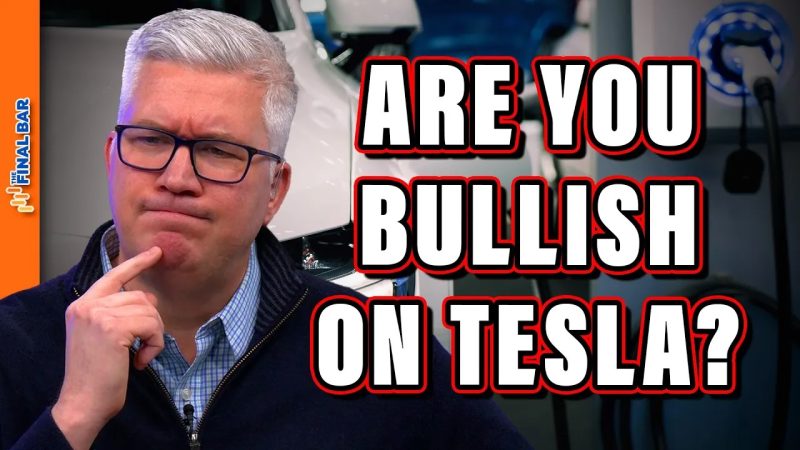As someone who closely follows the electric vehicle (EV) industry, it is essential to analyze the current market trends and the performance of key players. Among them, Tesla Inc. has undeniably been a major player, revolutionizing the automotive industry with its advanced EV technology and ambitious vision. However, despite the significant market dominance and brand recognition that Tesla has garnered over the years, it is crucial to maintain a balanced perspective and exercise caution when projecting the company’s future performance.
One of the key factors that warrants a cautious approach when it comes to Tesla is the increasingly competitive landscape of the EV market. As more traditional automakers and new entrants have entered the EV space, the competition has intensified, posing a challenge to Tesla’s market share and profitability. Companies like Ford, General Motors, and Volkswagen have made substantial investments in EV technology and are working towards expanding their EV offerings, thereby increasing the competitive pressure on Tesla.
Moreover, Tesla faces challenges in terms of production capacity and supply chain management. The company’s ambitious production targets have often faced setbacks due to constraints in the supply chain and manufacturing process. Issues such as battery shortages, production bottlenecks, and quality control concerns have impacted Tesla’s ability to deliver vehicles in a timely manner, leading to lower-than-expected production figures and delivery delays.
Another area of concern for Tesla is its financial health and profitability. While Tesla has shown impressive revenue growth over the years, the company has struggled to maintain consistent profitability. Despite achieving profitability in some quarters, Tesla has faced challenges in sustaining its profitability due to high operating expenses, capital investments, and fluctuations in demand for its vehicles. Additionally, Tesla’s heavy reliance on regulatory credits to boost its bottom line raises questions about the company’s long-term financial sustainability.
Furthermore, Tesla’s stock valuation has raised eyebrows among investors and analysts, with many questioning whether the company’s current valuation is justified. Tesla’s stock price has experienced significant volatility, and its valuation metrics, such as price-to-earnings ratios, have often been criticized for being inflated. The speculative nature of Tesla’s stock, driven by investor sentiment and market hype, adds to the uncertainty surrounding the company’s long-term prospects.
In conclusion, while Tesla has undoubtedly positioned itself as a pioneering force in the EV industry and has achieved remarkable success in a relatively short period, it is crucial to adopt a cautious outlook when evaluating the company’s future performance. The increasing competition in the EV market, operational challenges, financial concerns, and stock valuation issues underscore the importance of closely monitoring Tesla’s developments and exercising prudence when assessing its growth prospects. As the EV industry continues to evolve and mature, staying abreast of market dynamics and company-specific challenges will be essential in forming a well-rounded perspective on Tesla’s trajectory in the years to come.

